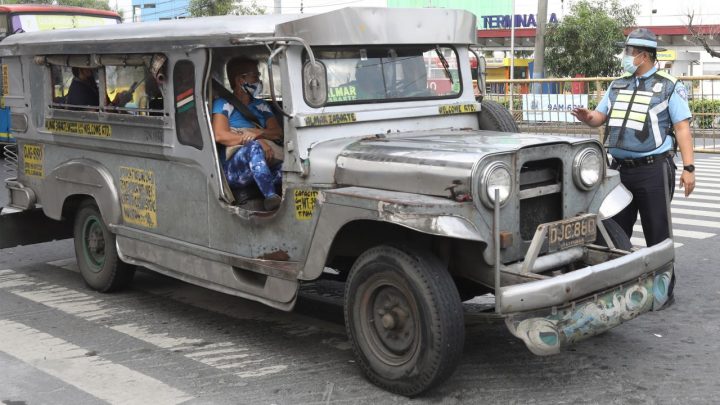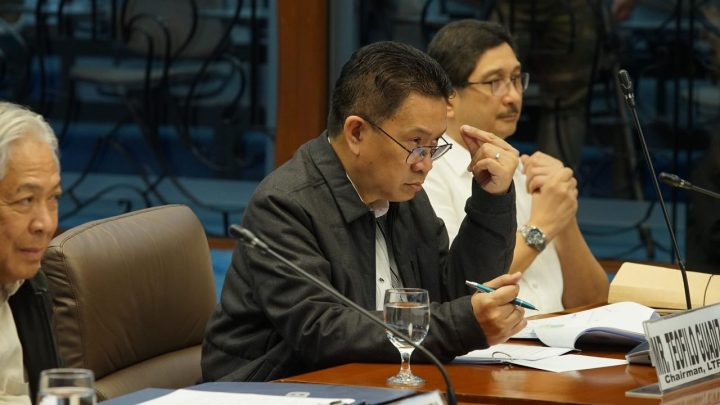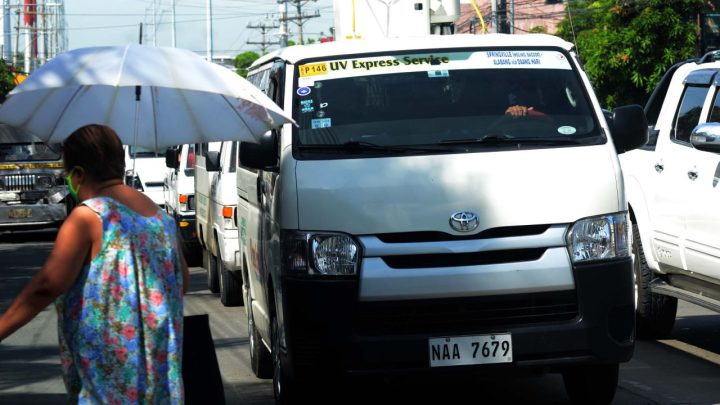
Both the DOTr and LTFRB have stood firm on the Public Utility Modernization Program (PUVMP) consolidation’s December 31, 2023 deadline. It was never without its difficulties (and opposition) and it seems a stalemate has been reached. Fast forward to today, and only about 64.4% of all PUVs have joined the consolidation. That is a paltry 4.4% increase since February of this year when 60% of all PUVs accounted for. The target by then the deadline is 80-90%.
PUVMP still heavily opposed, resistance and transport strikes are still a problem

Photo: DOTr
The consolidation under the PUVMP is meant to help PUV operators and drivers in purchasing units of modern PUVs. With one unit reportedly amounting to roughly PHP 2USD 0.03INR 3EUR 0.03CNY 0.25.8M, that is no small price tag. The LTFRB has incessantly reminded everyone, though, that the December 31 deadline is not for the phasing-out of traditional jeepneys (and other “non-modern” PUVs) and is strictly only for operators and drivers to consolidate themselves into Cooperatives. The phase-out and eventual total road-banning will come at the last stage(s) of the PUVMP. The consolidation into Cooperatives and its intended benefits can be found here.

Photo: PNA
As it stands, the consolidation of traditional jeepneys and UV Express is as follows:
Traditional jeepneys:
- 100,349 out of 158,281 units (63.4%)
- 3,245 out of 7,149 routes (45.4%)
UV Express:
- 12,484 out of 19,932 units (72.7%)
- 657 out of 1,008 routes (65.2%)
Being consolidated under the PUVMP requires every cooperative to have at least 15 modern PUV units. The units’ and other accompanying costs are the main reasons for operators and drivers to oppose the consolidation. In a report, it was alleged by Piston president Mody Floranda that while the actual consolidation is free, the joining cooperatives itself will cost every operator anywhere from PHP 40,000USD 679INR 57,812EUR 654CNY 4,960 to 300,000.
The Department of Transportation quickly responded, though, and was reported to say “The DOTr challenges Manibela to prove their allegations with concrete proof and evidence. Clearly, their planned ‘strike’ is intended to gain media attention and public sympathy, but not to address the legitimate concerns of PUV drivers and operators.”

Photo: PNA
As the PUVMP amounts and figures were bared, it was also reported that public transport group Manibela again called for solidarity in staging a 3-day transport strike starting on July 24, coinciding with the President’s State of the Nation Address (SONA). Aside from the cost, this call for a strike was also allegedly due to the DOTr’s failure to follow through on its promise to include Manibela representatives “in revisiting the Department of Transportation’s 2017 Omnibus Franchising Guidelines which would later phase out the jeeps”.
Again, the DOTr responded by saying “Their group is free to stage any form of protest. However, DOTr will not be held hostage. The whole country and innocent commuters will not be blackmailed every time this group does not get what it wants.”
At this point, these development do lead one to question whether the PUVMP will truly come to fruition. Again, the ideas are sound, but it seems that communication, inclusion, or maybe just plainly and simply being headstrong are hampering its progress. What the DOTr, LTFRB, and transport groups will do now and moving forward will all contribute greatly to the success or failure of the PUVMP.


